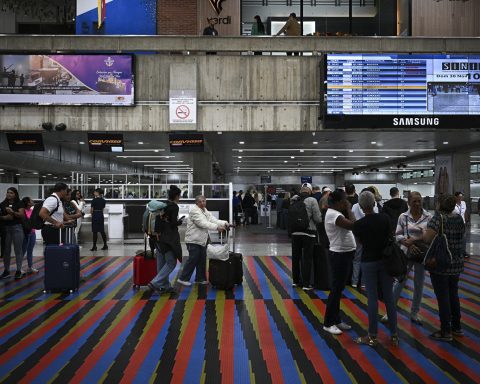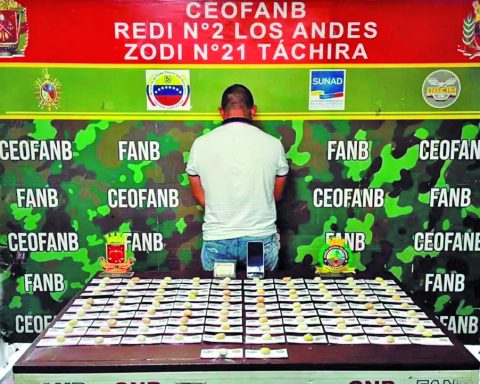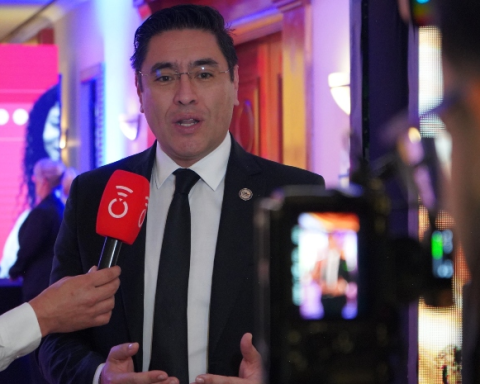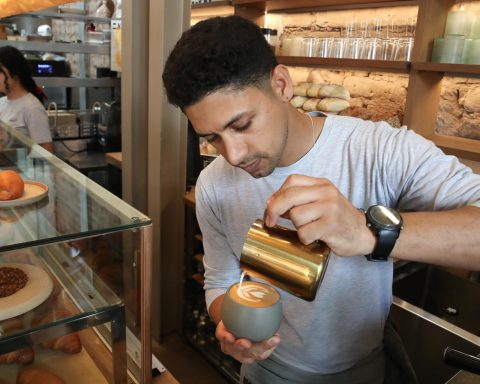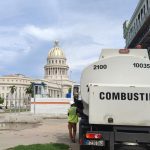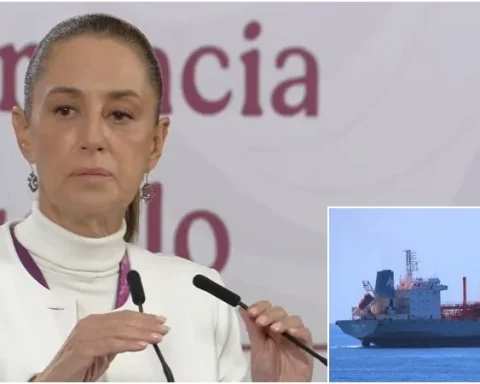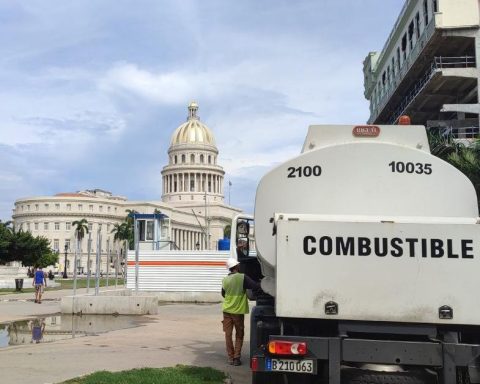The indigenous denounced that the untreated liquid caused stomach ailments and skin infections in the children and that they must bathe in the jagüey due to the drought in the sector
The Wayúu who live in the Guajira municipality, in Zulia, are experiencing the worst drought in years. This situation forces some 500 families from the communities of Caño Sawa, Marichen I, Chamarú, Caujarito and Colopontain, among others, to consume unsuitable water, generating diseases in the population.
Those affected stated that, given the lack of drinking water, they must resort to untreated water, which caused stomach upsets and skin infections in the children.
In recent days, the families of Alta Guajira have chosen to go to Maicao, in Colombia, to buy water packed in bags and used for their consumption, since the tanker trucks in the municipality charge between 25,000 and 30,000 Colombian pesos, equivalent to about 8 dollars, to supply a thousand liters of water.
The indigenous people assure that not everyone can pay that money, and that, in many cases, said amount is only enough for a week. There are others who can only buy water for 200-liter containers or pipes for 8,000 pesos, equivalent to $1.50.
*Read also: NGO denounces collapse of services in indigenous populations of southern Venezuela
María García, a resident of Caño Sawa, denounced that they are totally abandoned and that her community turned it into a garbage dump, claiming that not everyone has Colombian pesos to pay for water.
Martha González, a resident of Chamarú, asserted that “we are going through the worst drought in the history of the Wayúu people. I have been buying a water pipe for 8,000 pesos for two months just to drink, because to bathe we go to the jagüey and it is a difficult situation”.
Likewise, Teresa González, a resident of Paraguaipoa, affirmed that the problem started in 2000 and more than 20 years have passed and the situation is the same: “We have heard announcements from the governments, but it is just that, nothing more.”
Currently, the Guajira municipality does not have drinking water because in 2017 the El Brillante water treatment plant was out of service, reported El Pitazo.
In recent months, the region’s authorities reported the arrival of teams to speed up work at the plant, but to date, there is no solution.
With information from The truth.
Post Views: 153
